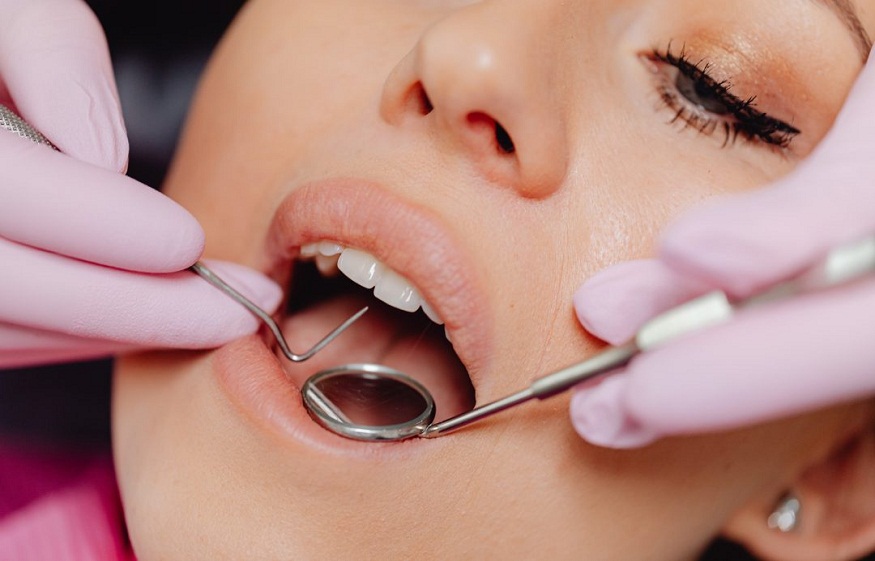Dental restoration guide: 8 things you should know about implants

Losing your natural teeth can be stressful. Beyond the aesthetic impact, our teeth have a role in how we speak and chew different foods. Thankfully, there are several ways of replacing missing teeth, such as dentures, bridges, and dental implants. Depending on your needs and the number of teeth you are missing, your Philadelphia, PA dentist will recommend the right treatment plan. In this post, we will discuss things you should know about dental implants and restoring your smile.
- Implants are not prosthetic teeth: Many patients assume that dental implants are replacement teeth, which is a myth. Implants are replacement roots for missing teeth. Restoration on implants has three components – a post, an abutment, and a prosthetic tooth.
- Implants require surgery: Dental implants become a part of your mouth forever and are placed surgically inside the jawbone (sometimes over it). The procedure requires using local anesthesia, while some patients may need sedation. The procedure can take as long as an hour or more, depending on the surgery site and number of implants.
- You have multiple restoration choices with implants: There are numerous ways to replace lost teeth with dental implants. If you are missing just one tooth, your dentist will typically recommend a crown. A bridge is ideal when there are several lost teeth in a row. Dentures on implants are great for replacing many teeth at the same time. With all-on-4 implants, it is possible to replace all missing teeth with just four implants.
- Some patients may need pretreatments: One of the critical perquisites for getting dental implants is having enough jawbone and healthy gums. If a patient has bone mass after losing their natural teeth, they may need additional treatments, such as bone grafting. Dentists will do a complete exam to determine whether the patient needs pretreatment before implants.
- Implants are better than traditional dentures: Regular dentures have a common problem – The prosthetic teeth slip and move around inside the mouth, causing the user to stutter or slur. With implant-based dentures, these concerns are addressed appropriately. Dentures fixed to implants don’t shift, ensuring better comfort while eating and talking.
- Implants are great for everyone: It is a common myth that implants are ideal for younger patients. Anyone can benefit from the treatment if they are in good health, and there is no upper age limit. However, if you still have concerns, you can talk to your dentist, who will help you make a decision.
- Implants protect remaining teeth: Another reason to consider dental implants is how the posts protect other natural teeth. When you lose a tooth due to decay or injury, adjacent teeth shift to fill the gap. That can impact your bite, face structure (especially when missing many teeth), and the ability to talk. Because implants are placed inside the jawbone, they stimulate the site, preventing the shifting of other teeth and keeping gums healthy.
- You may have to wait for prosthetic teeth: The major disadvantage with implants is the healing time. It can take months for the surgery site to recover, and you have to wait for that time to get replacement teeth. While implants are for a lifetime, this wait can be a concern, especially when you compare them with restoration options like dentures or bridges that can be fixed within two weeks.
Meet your dentist today
Ideally, you should consider replacing missing teeth within a year to prevent bone loss. If you fail to consider that, it is still not late. Consult your dentist in Philadelphia immediately and ask about dental implants. They will determine the ideal treatment plan accordingly after doing detailed exams and X-rays.







